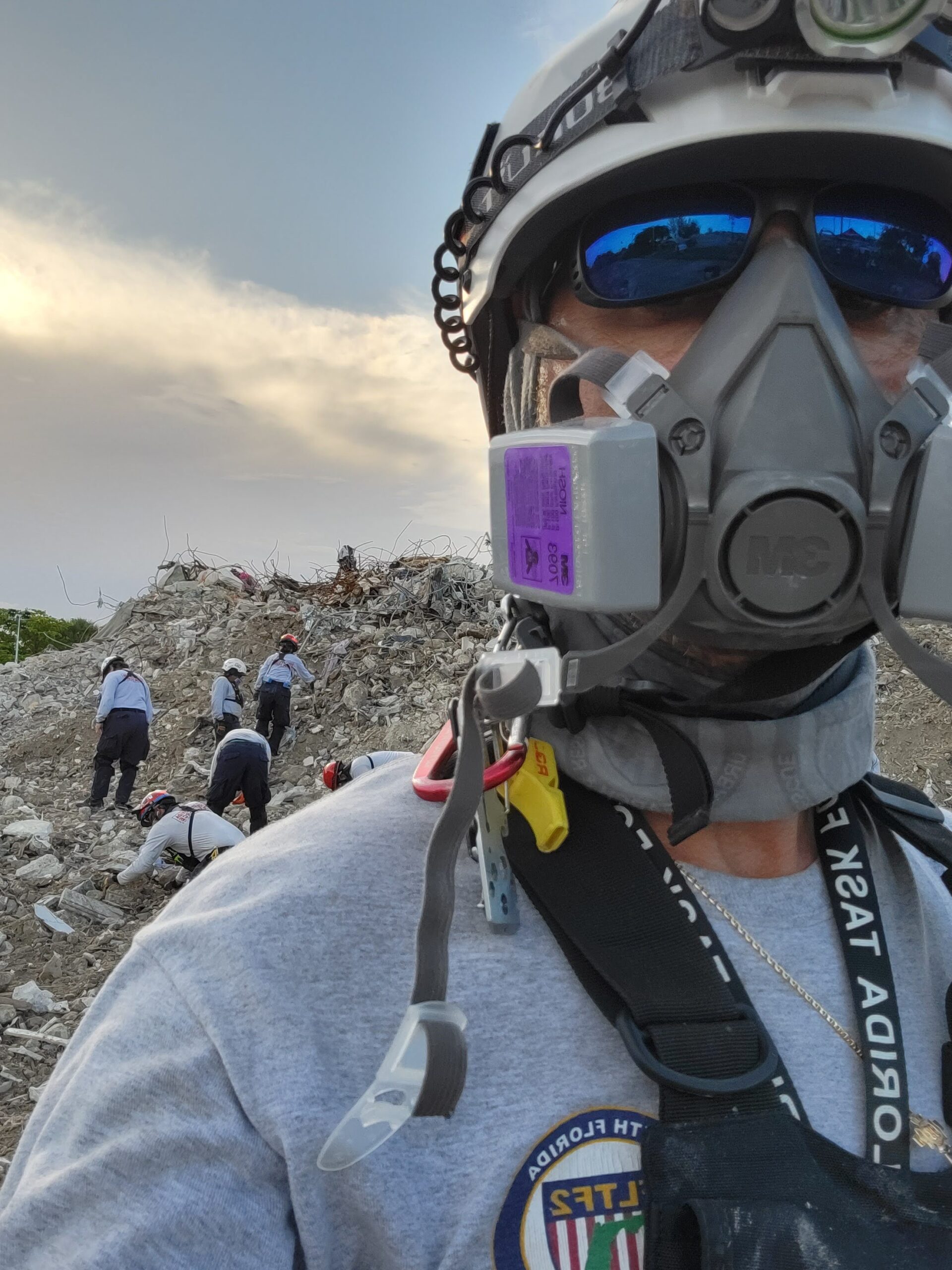Disasters, whether natural or man-made, test the resilience of communities and demand coordinated responses from various specialized teams. Among these, the federal incident support team’s medical team plays a pivotal role in disaster response, ensuring that victims receive immediate medical care and support. This blog delves into the critical responsibilities, challenges, and impact of the medical team within the federal incident support framework.
The federal incident support team operates as an integrated system of professionals, each contributing unique expertise. Within this structure, the medical team specializes in addressing health crises that arise during and after disasters. Their role extends beyond providing emergency medical services; they also manage public health concerns, prevent outbreaks, and support long-term recovery efforts.
Medical teams in disaster scenarios are responsible for triaging victims to prioritize care based on urgency. Triage is a skill that requires not only medical expertise but also quick decision-making under extreme pressure. Specialists assess injuries, stabilize critical patients, and determine who needs to be transported to advanced care facilities. This immediate intervention often makes the difference between life and death.
Once triage is complete, the medical team provides emergency care on-site. From treating fractures and burns to administering IV fluids and pain relief, these specialists work with limited resources to stabilize patients. In disaster zones, they also address complications such as dehydration, infections, or chronic conditions exacerbated by the crisis.
Public health management is another vital aspect of the medical team’s work. Disasters often disrupt sanitation systems, leading to outbreaks of diseases like cholera or typhoid. The medical team works to contain these threats by ensuring access to clean water, setting up temporary sanitation facilities, and educating affected populations about hygiene practices. These efforts are crucial in preventing secondary disasters caused by public health crises.
Effective disaster response requires seamless coordination between various teams, and the medical team is no exception. They collaborate closely with search and rescue teams, firefighters, and logistical coordinators to ensure victims are reached and cared for promptly. Communication is key, as medical specialists must relay real-time updates about victims’ conditions and resource needs to the broader team.
The work of the medical team is not without challenges. One of the most pressing issues is the scarcity of resources in disaster zones. Medical supplies, equipment, and even personnel are often in short supply, requiring innovative solutions and resourcefulness. Specialists may need to improvise with what’s available, ensuring patients receive care despite the limitations.
Another significant challenge is operating in hazardous conditions. From unstable structures to aftershocks or ongoing threats, medical specialists must prioritize their safety while ensuring victims receive attention. The emotional toll of working in high-stress environments, witnessing mass casualties, and making life-or-death decisions is also substantial.
Despite these challenges, the impact of the medical team on disaster response is undeniable. Their expertise and dedication save lives, alleviate suffering, and prevent further health crises. In the 2010 Haiti earthquake, for example, medical teams were instrumental in treating victims trapped under rubble and addressing public health concerns like cholera outbreaks. Their efforts provided hope and stability in a time of overwhelming despair.
The contributions of the medical team extend beyond the immediate aftermath of a disaster. As communities begin the recovery process, these specialists continue to provide medical care and support. They also play a role in rebuilding public health systems and ensuring that affected populations have access to essential healthcare services.
Training and preparation are essential for medical teams to function effectively in disaster scenarios. Many professionals pursue certifications in disaster medicine, advanced trauma care, and public health management. Simulation exercises and field training further enhance their readiness to respond to real-world crises. Collaboration with international organizations and government agencies ensures that these teams are equipped with the latest knowledge and resources.
The medical team within the federal incident support team is a cornerstone of disaster response. Their ability to provide life-saving care, manage public health risks, and support long-term recovery underscores their critical importance. As disasters continue to evolve in complexity and frequency, the role of these specialists will only grow in significance. By investing in their training, resources, and well-being, we can ensure that they remain prepared to meet the challenges of tomorrow.


